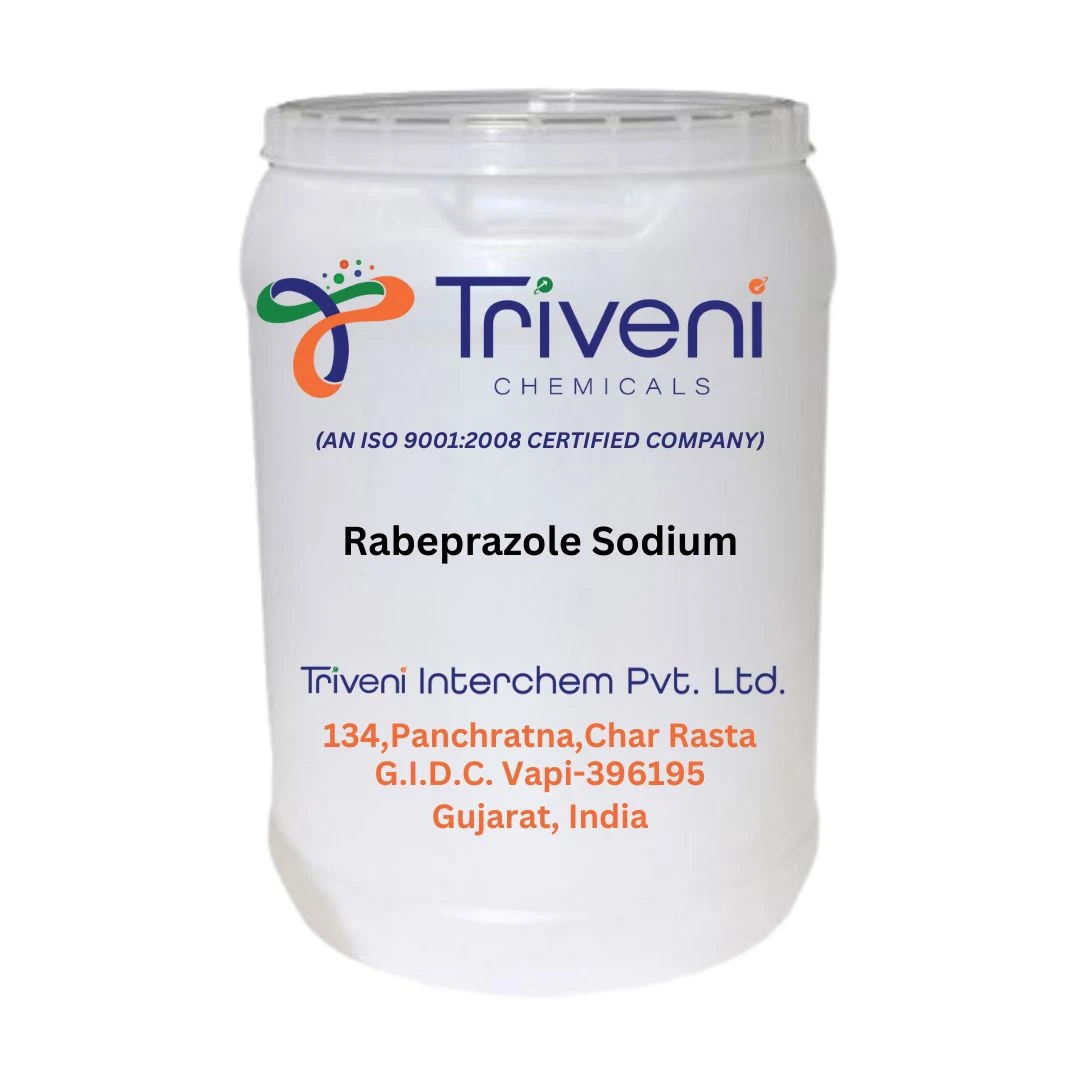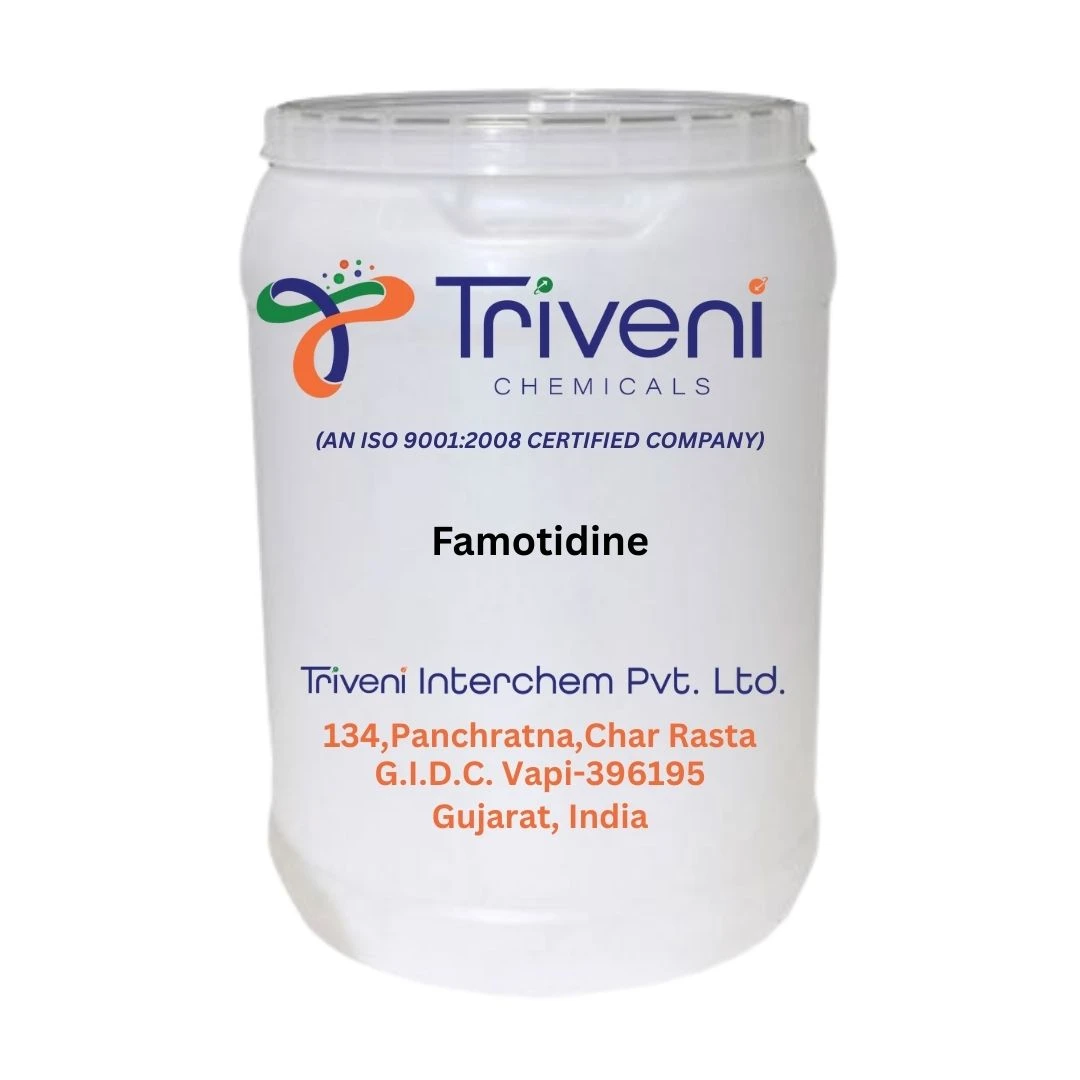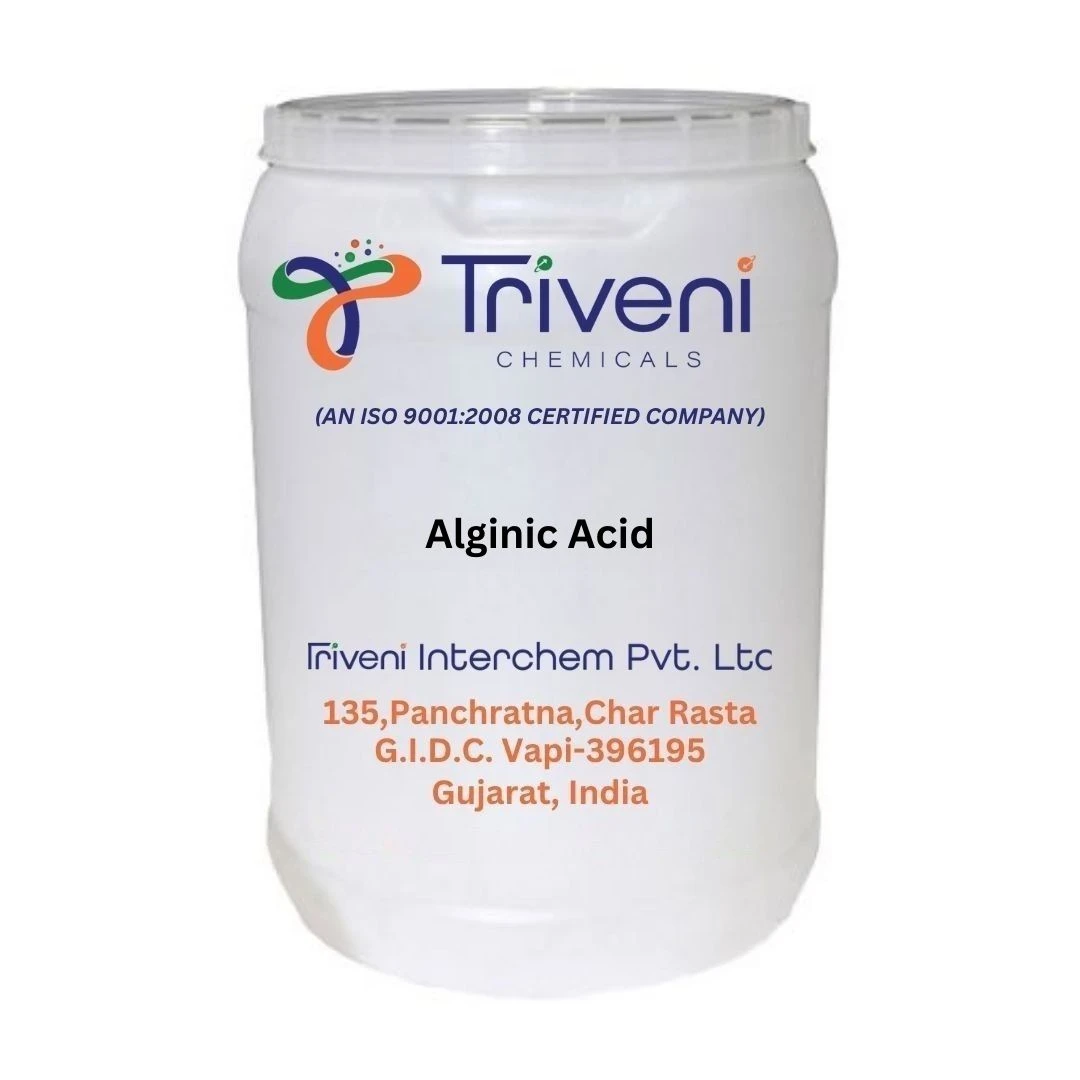GERD, also referred to as gastroesophageal reflux disease, is a chronic medical disorder that predominantly affects the lower oesophagus and the stomach. A number of painful and perhaps life-threatening symptoms are brought on by the frequent and ongoing reflux of stomach acid and contents into the oesophagus. The lower esophageal..
GERD, also referred to as gastroesophageal reflux disease, is a chronic medical disorder that predominantly affects the lower oesophagus and the stomach. A number of painful and perhaps life-threatening symptoms are brought on by the frequent and ongoing reflux of stomach acid and contents into the oesophagus. The lower esophageal sphincter (LES), a ring of muscle at the intersection of the oesophagus and the stomach, is the main contributor of GERD. The LES typically functions as a one-way valve, permitting food and liquids to enter the stomach while obstructing the flow of stomach contents back into the oesophagus. The LES, however, relaxes excessively or fails to seal completely in people with GERD, allowing stomach acid to reflux into the oesophagus. The esophageal lining may become irritated, inflamed, and damaged as a result of this repeated exposure to stomach acid, resulting in the defining signs and symptoms of GERD. Heartburn, a burning sensation in the chest or throat that frequently gets worse after eating or when lying down, regurgitation of sour or bitter stomach contents, difficulty swallowing, a persistent cough, a sore throat, and hoarseness are all common symptoms of GERD. In severe circumstances, GERD can cause side effects like esophagitis (esophageal inflammation), esophageal strictures (esophageal narrowing), Barrett's oesophagus (a precancerous condition), and even an elevated chance of esophageal cancer. In conclusion, lower esophageal sphincter dysfunction leads to gastroesophageal reflux disease, a chronic and potentially crippling disorder that damages the oesophagus. If left untreated, it can have a substantial negative influence on a person's quality of life and result in catastrophic consequences. Early detection and a personalised treatment strategy, which may include medication, dietary changes, and lifestyle modifications, can help manage GERD successfully and relieve its uncomfortable symptoms. Patients who have GERD symptoms that don't go away should get evaluated and given advice from a doctor to avoid long-term issues and enhance their general health.





